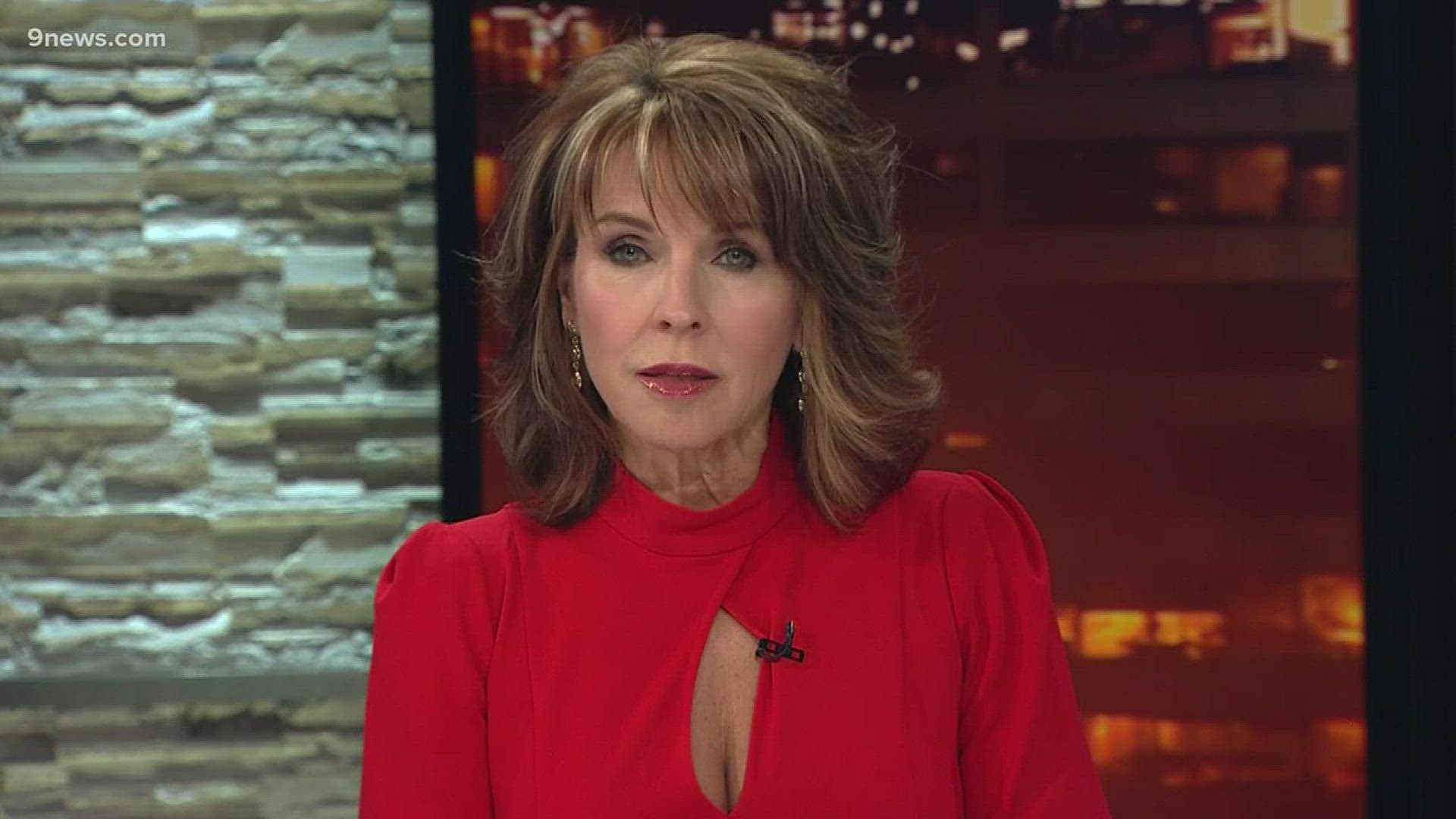DENVER — A Colorado lawmaker wants to increase the state’s vaccination rate among students.
Representative Kyle Mullica (D-Adams County), introduced HB19-1312 this month. It calls for changes to the immunization requirement process – including exemptions – for Colorado students.
The bill is scheduled for its first hearing, House Health, and Insurance, Wednesday at 1:30 p.m.
“The idea really came up before I was even sworn in,” said Rep. Mullica. “The [Colorado Department of Public Health and Environment] informed us we were last in the country for our kindergarten vaccination rates. And as a nurse, that concerned me, not only as a nurse but also as a dad as well.”
Mullica, who works as an ER nurse and has a kindergarten-age child, himself, cites data published online by the Centers for Disease Control.
According to the CDC, the vaccination rates for Colorado kindergartners ranks 49th out of 49 states on the list. For the 2017-2018 school year, the CDC says an estimated 88.7 percent of Colorado kindergartners received the MMR vaccine (for measles, mumps, and rubella), compared to the national median of 94.3 percent. Colorado rates were also lower than other states for the DTap and Varicella vaccines.
“The goal of this bill is to make sure we get to a herd immunity rate to make sure that we're safe, and not at risk of an outbreak so that kids can go to school and be safe,” Mullica said.
According to the state department of health (CDPHE), Colorado already requires students to be vaccinated against certain diseases unless they have a medical, religious, or personal belief exemption on file. CDPHE says medical exemptions currently require a signature from a medical doctor, doctor of osteopathic medicine, advance practice nurse or delegated physician’s assistant on a state-issued form. They only need to be submitted once unless the student’s information or school changes.
Currently, religious and personal belief exemptions for students in kindergarten and older require a statement of exemption annually from the child’s parent or guardian, according to CDPHE. The state says parents can use a state-issued form, or file their own statement of exemption with the school.
Mullica says his bill will not change exemptions, and he says it will not create a denial process for exemptions. But he said his bill will “formalize” the process around how families claim an exemption.
HB19-1312
- It would require CDPHE to develop a standardized form and submission process to claim a medical exemption to immunization, and a standardized form and submission process to claim a religious or personal belief exemption to immunization
- To claim a medical exemption, parents or legal guardians must complete and submit a certificate of medical exemption, which would be a state-issued form. That certificate would need a signature from a licensed physician, physician assistant, or advanced practice nurse. Then the parent must provide a copy of the completed certificate to the child’s school
- To claim a religious or personal belief exemption, a parent or legal guardian must complete a certificate of religious or personal belief exemption, which would be a state-issued form. The first year, the parent would be required to submit that certificate in-person to the state department of health or a county or municipal health agency. To renew the exemption in later years, the parent could submit the certificate either online or in-person
- It would require CDPHE to develop educational materials regarding immunizations to be distributed to health care providers and facilities
- It would require CDPHE to present immunization exemption information during its annual SMART Act hearing, where state health officials address legislators
- It would require CDPHE to use the existing immunization tracking system
Mullica said the bill has already generated a lot of discussion, and he expects to hear from both supporters and critics at the hearing Wednesday.
“We’ve worked really hard on this bill to make sure it’s fair,” he said. “We started off on the process of looking at the options of eliminating the exemptions, and we got a lot of feedback that people wanted choice. They want a choice between their doctor and them and they wanted the choice to be able to have these exemptions, and this bill keeps that choice.”
A spokeswoman for CDPHE said the department is currently reviewing the bill and will continue to work with legislators.
In an emailed statement, CDPHE Communications Director Jessica Bralish added:
“The role of public health is to promote and protect the health and safety of everyone in our community. Part of that job is to provide evidence-based information to all Coloradans, including legislators. As such, we have provided information to legislators in this session as public health subject matter experts.
The department, alongside Gov. Polis, is steadfast in its commitment to increasing the vaccination rates in Colorado and ensuring that all Coloradans have access to vaccinations that can prevent disease and save lives.”
9NEWS reached out to several Colorado school districts Tuesday to learn how the immunization exemption process currently works, and how this bill could change it.
Those who responded to our inquiry included: Denver Public Schools, Douglas County School District, Adams County School District 14, JeffCo Public Schools, Boulder Valley School District, and Cherry Creek School District.
Every district said they currently follow the CDPHE guidelines for immunization exemptions, which includes providing information or forms from the state to parents who wish to claim an exemption.
HB19-1312 is bipartisan legislation. Sponsors also include Senator Julie Gonzales (D-Denver) and Senator Kevin Priola (R-Adams County).
SUGGESTED VIDEOS | Local stories from 9NEWS

